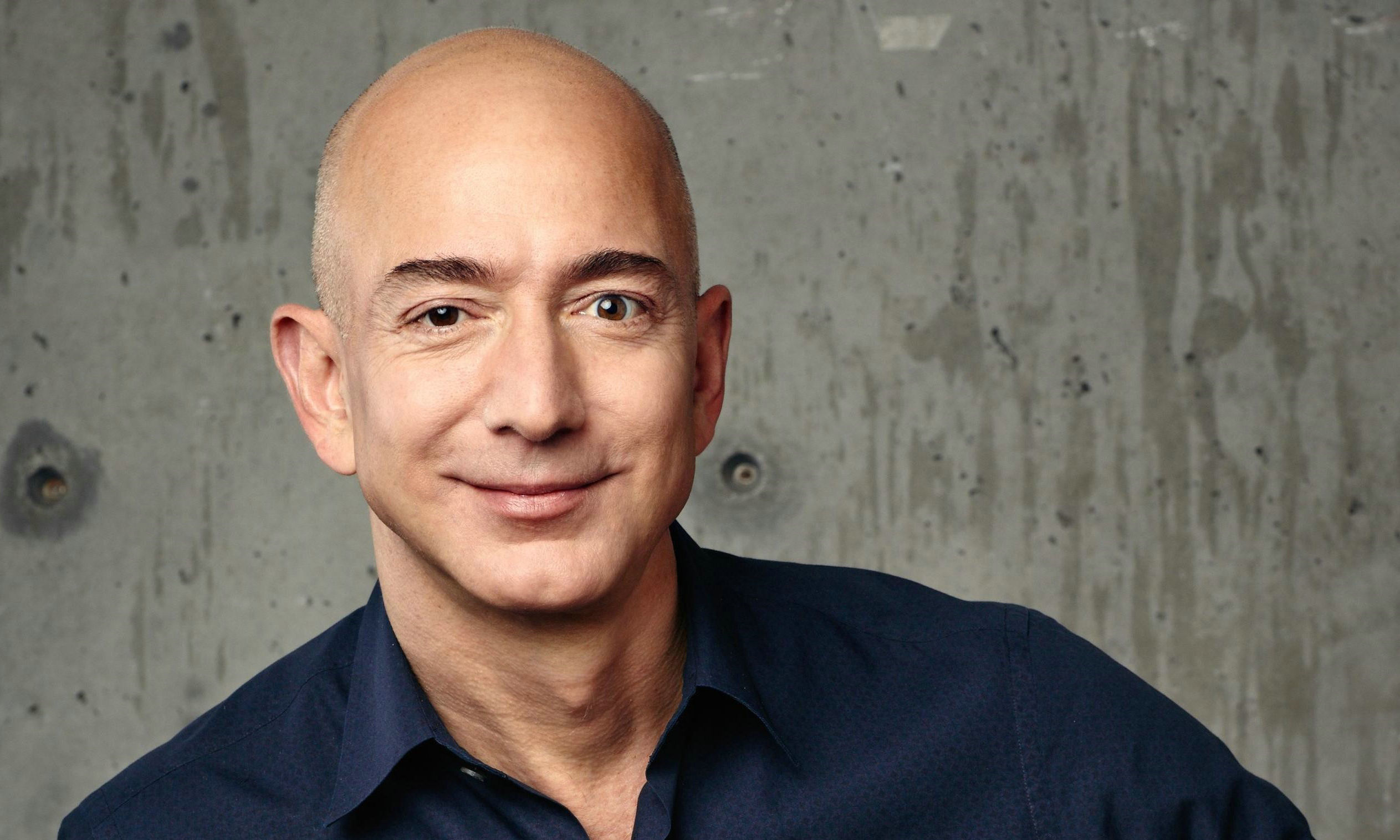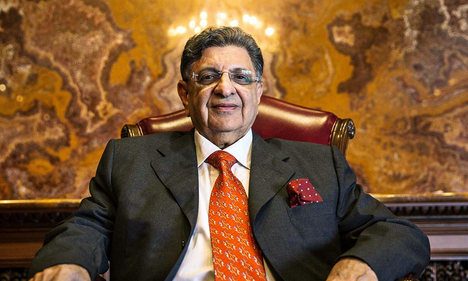On the vibrant tapestry of India stands a name intrinsically woven into the fabric of global public health: Cyrus Poonawalla, hailed as the "King of Vaccines." As the founder of the Serum Institute of India (SII), Poonawalla not only constructed the world's largest vaccine manufacturing empire but also supplied life-saving doses to millions of children globally at affordable prices, weaving a symphony of innovation, resolve, and human compassion.
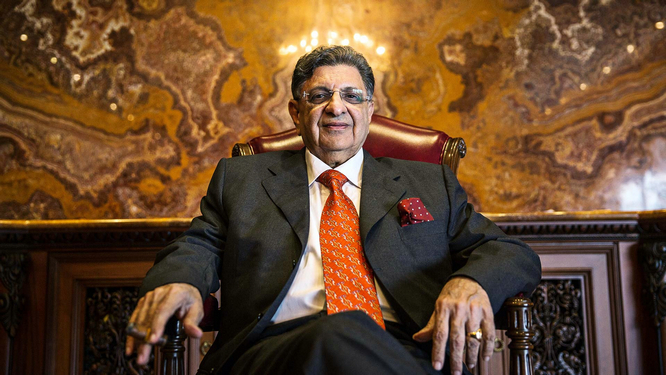
[Beginnings: Lessons Beside the Stable]
In 1945, Cyrus Poonawalla was born into a family of healers—his father a veterinarian, his mother an educator. Their home nestled beside a humble stable, a setting that unexpectedly ignited Poonawalla's fascination with biomedicine. "My earliest laboratory was those rooms beside the stables where I learned to observe, experiment, and nurture an endless curiosity for life's mysteries," Poonawalla reminisced.
Young Poonawalla accompanied his father to the stables, intrigued by the care for ailing horses and the healing process. He delved into medical texts, particularly captivated by vaccines' disease-preventing magic. "Vaccines are the magic of prevention—I wanted to learn that magic," he mused, sowing seeds for his future endeavors.
Poonawalla's mother, an educator, deeply influenced his upbringing, emphasizing knowledge, especially in science and medicine. "Knowledge is the key to change the world, son, you must possess it," she'd say. This nurturing environment fostered his academic passion, laying a sturdy foundation.
Teenage Poonawalla exhibited exceptional ambitions, showcasing vaccine experiments and theories at school exhibitions, reflecting his early dedication to public health. "I dreamt of a day when everyone could afford vaccines, free from disease's fear," a childhood dream that steered his life's course.
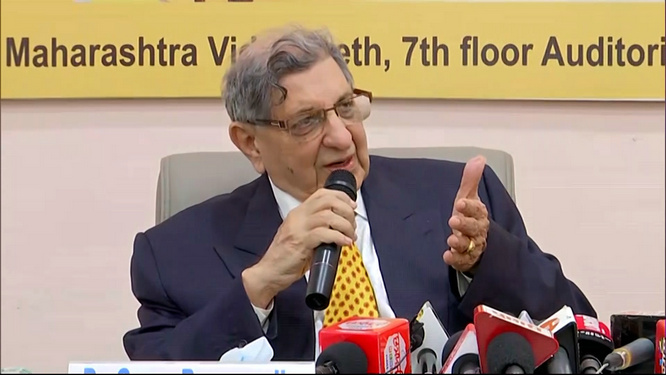
Sprouting Amidst Adversity
"In my eyes, entrepreneurship is not just business, it's a commitment to human health." —Cyrus Poonawalla. In 1966, as Poonawalla ventured into vaccines, India grappled with dire public health challenges: vaccine scarcity, exorbitant costs, and low immunization rates, exposing countless children to fatal diseases. His decision was not arbitrary but a result of profound societal observation and personal awakening—he saw the problem and envisioned a solution through entrepreneurship, planting seeds of health that would germinate in India and beyond.
With a lineage rooted in medicine, Poonawalla recognized prevention's superiority over cure. His family's tradition fortified his decision. "I inherited not just knowledge, but the passion to take responsibility for life," he shared. This sense of duty drove him to transform his heritage into societal benefit.
At the time, a few multinational firms monopolized the global vaccine market, pricing them beyond developing countries' reach. India lost tens of thousands of children annually to preventable diseases. Faced with this grim reality, Poonawalla acted. His meticulous research revealed local production could slash costs and boost supply. "Data showed breaking monopolies saves lives," fueling his entrepreneurial resolve.
Poonawalla's journey wasn't without hurdles. Establishing facilities and R&D systems were primary challenges. With limited funds, he ingeniously built Serum Institute's foundations. Continuous innovation and process optimization lowered costs, making vaccines accessible. "Each innovation steps us closer to a healthier world," became their driving force.
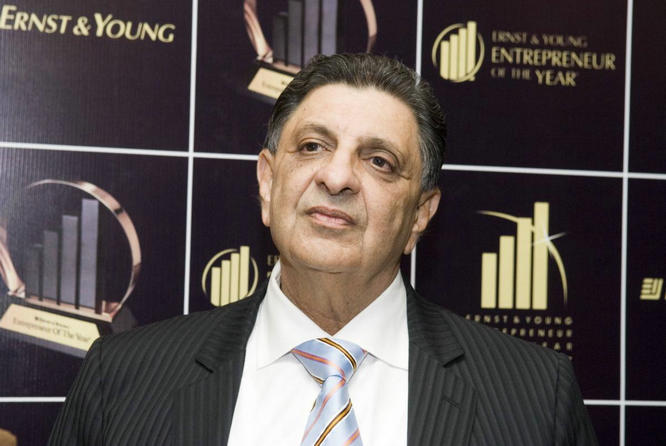
【The Rise of the Vaccine Empire】
"Vaccine is the first line of defense against diseases, and I dream of bringing it to every child in need." - Cyrus Poonawalla. In 1966, when Cyrus Poonawalla decided to transform the family's stable into a vaccine production laboratory, his dream seemed out of reach. At that time, the vaccine industry was dominated by Western giants, and the high cost made children in India and many developing countries prohibitive. Poonawalla's this decision was not only a challenge to the status quo, but also a declaration of the dream.
In the early days of starting a business, the shortage of funds was like a shadow. Poonawalla had to rely on personal savings and a small amount of loans to maintain operations, and every rupee was calculated to be spent on the cutting edge. "Money is not everything, but without money, it's impossible to move forward. I must find a way out." He recalled. In such an environment, Poonawalla not only taught himself vaccine production technology, but also participated in equipment maintenance in person to save every penny.
Technical challenges followed one after another. Vaccine production requires precise technology and strict quality control, and at that time India lacked these resources. Poonawalla was not afraid of difficulties, learned through overseas travel, introduced technology, and even designed and produced equipment by himself. "Technology is the skeleton of the vaccine, and I must build it by hand." His persistence gradually narrowed the gap with the international community in technology for SII.
Even if the technology was mature, market acceptance was not easy. In the early days, Poonawalla's products were questioned in the country and exports were blocked. "Trust is the hardest currency to earn, and I must win it." He began to cooperate with the United Nations Children's Fund (UNICEF) to provide high-quality vaccines at low prices, won international recognition, and gradually opened the door to the market.
In the late 1980s, an outbreak of poliomyelitis became a turning point. SII's oral polio vaccine was popular worldwide due to its high efficiency and low cost. Poonawalla took this opportunity to expand production and pushed SII to the center of the world vaccine stage. "Seeing opportunities in a crisis is the responsibility of a vaccine person." He said so.
Over time, SII grew from a small factory producing antivenom serum to a giant in vaccine production. Poonawalla keenly seized the need of the United Nations Children's Fund (UNICEF) for the Expanded Program on Immunization and shifted the business focus to the production of cheap and reliable children's vaccines such as measles and pertussis vaccines, greatly reducing the global infant mortality rate. It is estimated that the vaccines produced by SII every year save the lives of about 3 million children worldwide, and this achievement has made Poonawalla a hero in the global public health field.
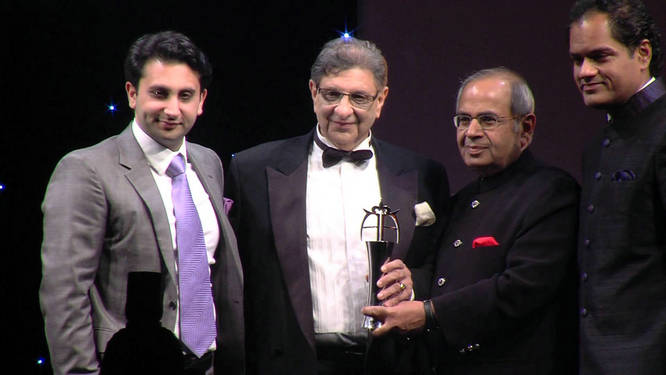
【Innovation and Cooperation: The Accelerator of Vaccine Research and Development】
"Vaccine is not only the product of science, but also the crystallization of human cooperation and wisdom." - Cyrus Poonawalla. Since the founding of SII in 1966, Poonawalla has firmly believed that only by continuous innovation can one lead in the race of vaccine research and development. He has witnessed the transformation from a stable to a world-class vaccine production base, and every step is branded with his persistent pursuit of scientific progress.
Under the leadership of Poonawalla, SII has achieved many revolutionary leaps in vaccine production technology. For example, the use of advanced cell culture technology has greatly increased production while reducing costs, making the originally expensive vaccine more accessible. This breakthrough progress has directly promoted the popularization of the global immunization program, especially having a profound impact on poor countries.
Facing the COVID-19 pandemic, Poonawalla showed amazing decisiveness and action. SII quickly cooperated with the Oxford University-AstraZeneca team, not only promising to produce billions of doses of vaccines, but also completing clinical trials and production preparations in a short time, making a huge contribution to the global vaccine supply. "Time is life, and in this battle, we don't have a moment to waste." Poonawalla said.
Poonawalla knows that going it alone cannot solve global health challenges. Therefore, he actively promotes cross-field and cross-border cooperation. Strategic partnerships with the WHO, GAVI (Global Alliance for Vaccines and Immunization), and various major international research institutions not only accelerate the vaccine research and development process, but also ensure the fair distribution of vaccines. SII has become a bridge connecting developed countries with the developing world, reflecting the highest realm of vaccine diplomacy.
According to statistics, the vaccines produced by SII prevent millions of deaths every year, and just the DPT triple vaccine has saved the lives of more than 5 million children. Behind these numbers is Poonawalla's ultimate pursuit of efficiency and affordability and his profound influence in the global public health field.
【Conclusion: The Enlightenment of the Vaccine King】
The story of Cyrus Poonawalla is a story about dreams, courage, and responsibility. He not only built a vaccine empire, but more importantly, he set a model of cooperation and innovation for the global public health cause. In this globalized world, his efforts remind us that although the power of each individual is small, when gathered together, it can create a miracle that changes the world. Just as Poonawalla said: "True success is when you can contribute to the progress of humanity." His life chapter is undoubtedly the best interpretation of this concept.
